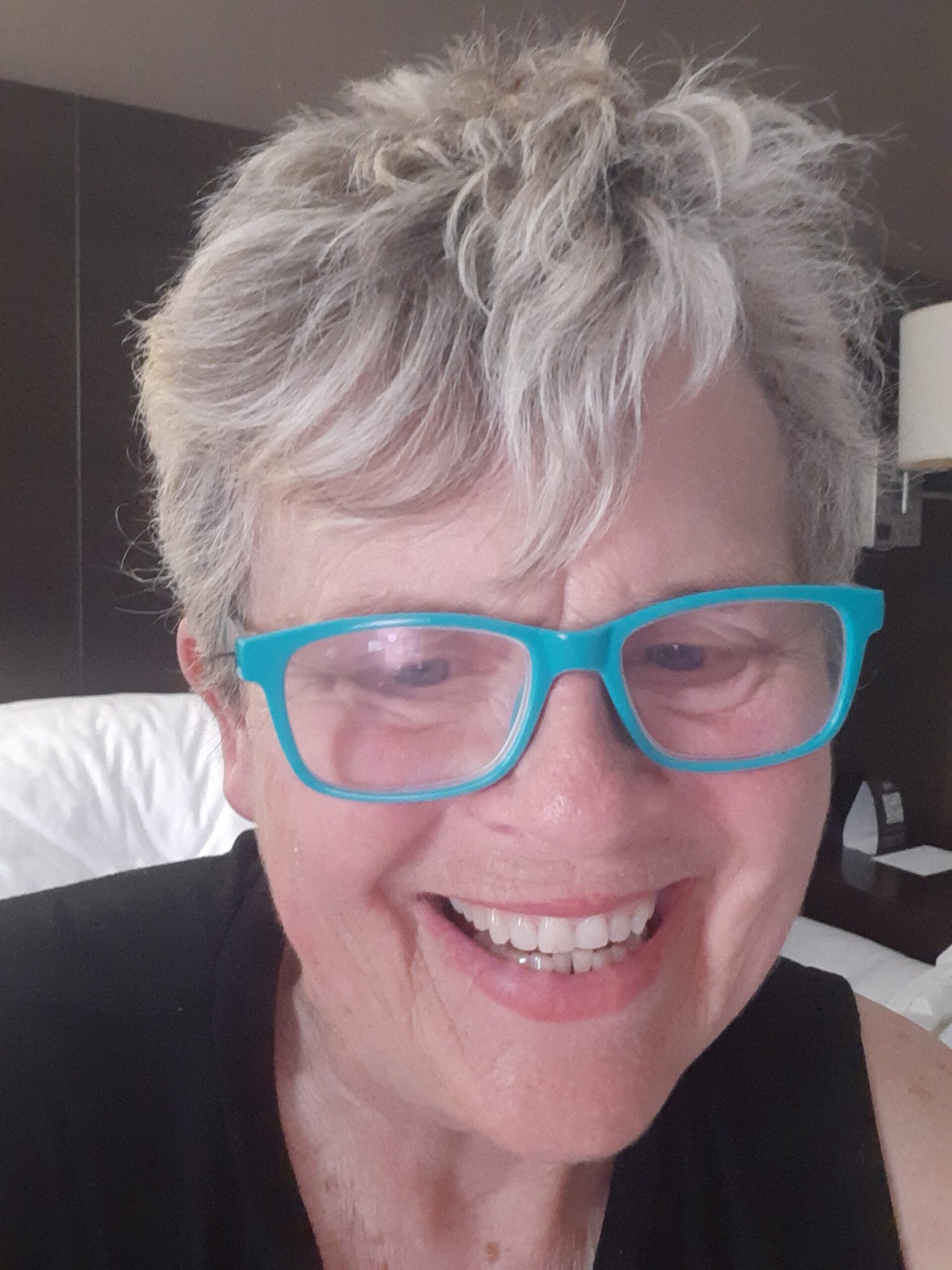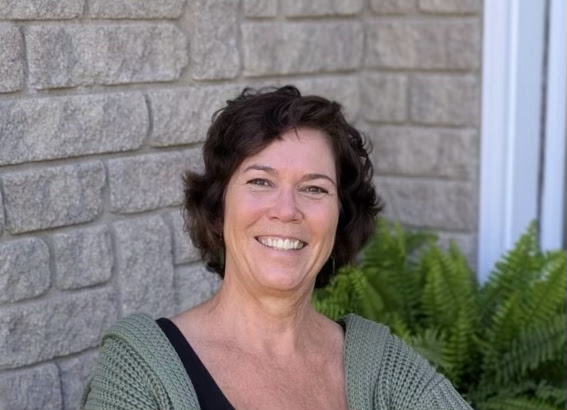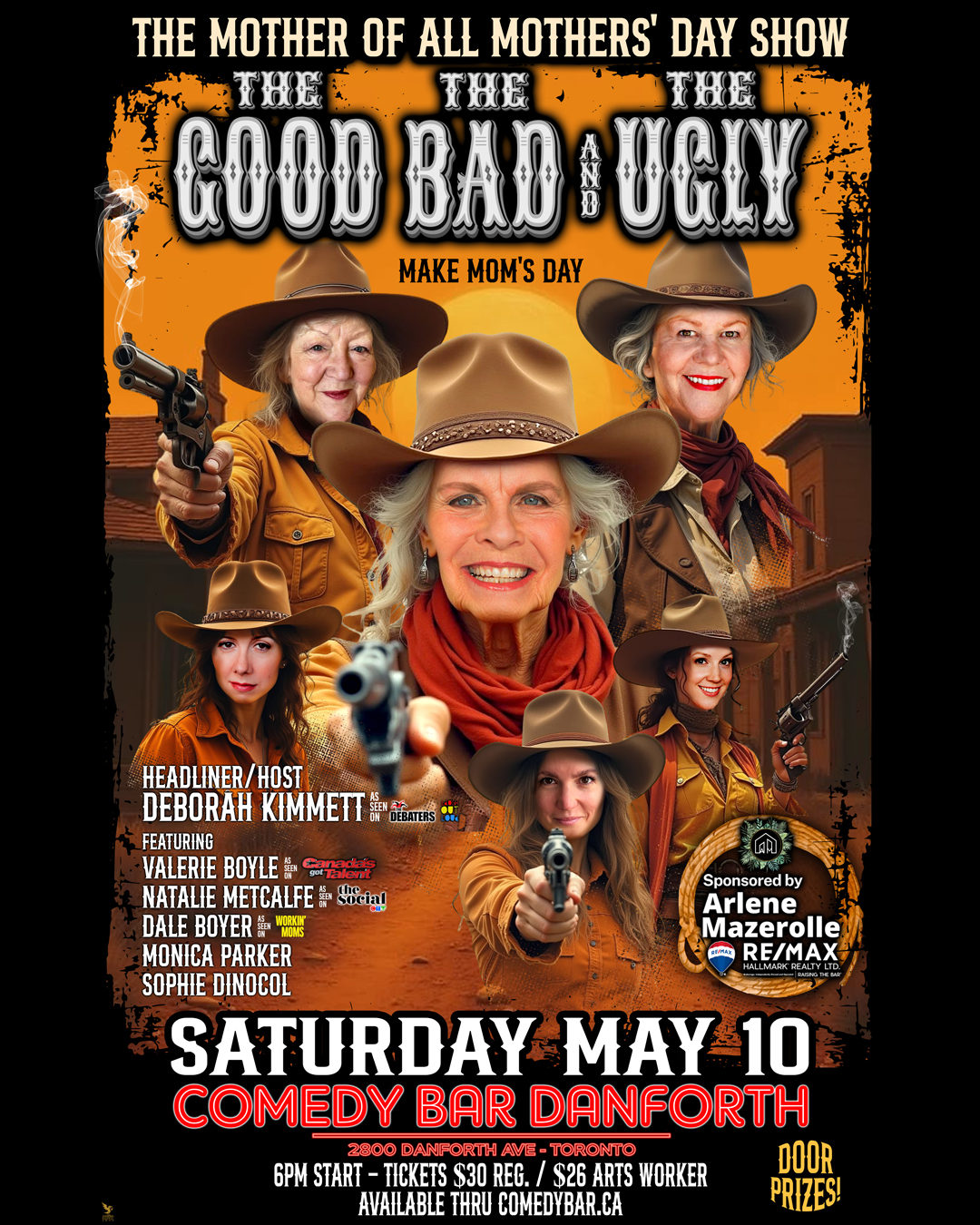You are likely sick of me mentioning my darn book Window Shopping for God, but it took me so darn long to write I thought I’d keep talking about it.
- I am coming to Novel Idea in Kingston on July 24th, 2024. 7 pm to 9 pm. A couple of readings from my book, a relaxed chat with my friend Len about writing and laughs we have had along the way. You can buy books and get them signed. As well there is cheese. You heard me. Cheese. Crackers. From two hambones. ( RSVP here so we can get a sense of how many books.)
- Got some new reviews from The Winnipeg Free Press and the United Church of Canada’s magazine, Broadview. See Excerpts below.
- I am going to be going to the Sunshine Coast Literary Festival, ( August) Toronto Word on the Street ( Sept)and Edmonton Lit Fest. (October). Plus my book is on Amazon, Indigo online and in the stores.
- Am doing a new comedy tour called Smoke Show starting in October. Stay tuned for the dates and cities.
A REVIEW of Window Shopping for God-FROM THE UNITED CHURCH’S MAGAZINE Broadview Magazine.
Deborah Kimmett’s new memoir navigates her rocky spiritual journey with humour.
In “Window Shopping for God,” the Second City comedian shares her decades-long search for meaning
With her trademark sass, stand-up comic Deborah Kimmett sets up her book’s central tension in the first chapter, “Losing my Religion.” A young Kimmett is drunk and in bed, refusing to get up for mass, when her mother opens her bedroom door to snap, “You can’t stop being Catholic. You were born Catholic. You will die Catholic.”
“There it was: the curse,” Kimmett writes in Window Shopping for God: A Comedian’s Search for Meaning. “The curse I would try to outrun for the next 30 years, because you don’t quit that religion. Catholicism is like the Hotel California — you can check out, but you can never leave.”
Like Forrest Gump, Kimmett travels through decades in her book, encountering virtually every major phenomenon and health crisis of the late 20th century: the end of Christendom, sexual liberation, misogyny as women enter the non-traditional workforce, gig work, mental illness, divorce, culture and alcoholism. Through it all, she fitfully grasps at Toronto’s spiritual trends from the 1960s onward, from self-help books to transcendental meditation, gratitude journalling and therapy. So much therapy.
To the reader, Kimmett’s spiritual journey seems less like a light afternoon of window shopping and more like piloting a pirate ship through stormy seas, with waves of social issues crashing over her boat and krackens of trendy spirituality slithering their tentacles around her hull. Kimmett is armed with a razor-sharp cutlass of wit but little else. Like the rest of us, she’s just trying to financially and emotionally survive and still find meaning in life. Through her keen observation skills and humour, she lays out what a bizarre era this truly is — and how difficult it is to find a spiritual practice that can contain it all.
From her years with the comedy troupe Second City and CBC Radio’s The Debaters, she is quick and quippy. Many paragraphs end with a joke. But there’s enough depth to balance the hee-haws. Between the laughs, Kimmett reveals how closely she listens to and watches other people — her family, therapists and strangers — attuned to any wisdom they might share. When a street preacher had the word “repent” tattooed on the back of his head, she took that message to heart and tried to make amends for a childhood wrong.
I was troubled as the book neared the end with Kimmett still flitting around and no resolution in sight. Although she does land on valuing self-acceptance and human connection, they don’t fully replace the collective, familial Catholicism she left behind.
Kimmett’s most compelling spiritual descriptions are about flow: what it feels like to step onto the stage as a comic. “When it worked you were a goddess,” she writes. “Making people laugh is an elixir like no other.” Now that’s an ecstatic moment I envy.
Window Shopping for God is available at @Novel Idea Book Store all major bookstores both in person and online.
***






Leave A Comment